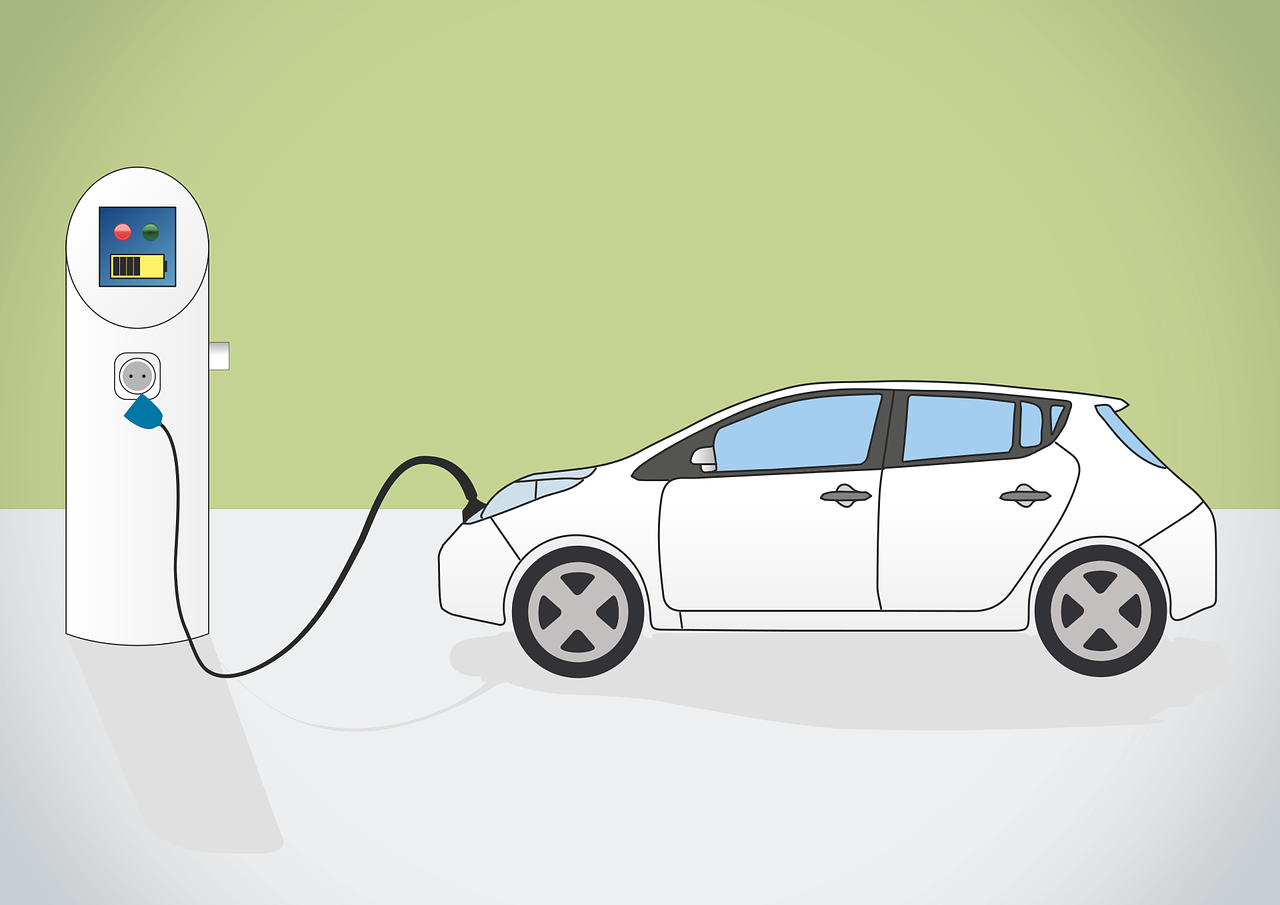Expect capex for EV components to cross ₹25,000 cr in next 3-4 years: Icra
Upstox
2 min read • Updated: April 23, 2024, 2:32 PM
Summary
EV penetration in the country has reached 4.7% in FY2024, with much of it driven by the electric two-wheeler segment, although e-three-wheelers and electric buses have also contributed to the same, rating agency Icra in a statement.

The auto component industry is expected to invest over ₹25,000 crore in the next 3-4 years to expand production of electric vehicle parts, rating agency Icra said on Tuesday.
EV penetration in the country has reached 4.7% in FY2024, with much of it driven by the electric two-wheeler segment, although e-three-wheelers and electric buses have also contributed to the same, it said in a statement.
There has been substantial localisation in traction motors, control units, and battery management systems over the years, Icra said.
However, advanced chemistry batteries, which remain the most critical and the costliest component, accounting for almost 35%-40% of the vehicle price, are imported, it added.
The low localisation levels give rise to manufacturing opportunities for domestic auto component suppliers, it said.
"Icra expects at least ₹25,000 crore of capex for EV components in the next three-four years, for capacity building, technology and product enhancements," Icra Senior Vice President Shamsher Dewan said.
About 45%-50% of this would be towards battery cells, he added. The PLI scheme, recent e-vehicle policy and state incentives would also contribute to accelerating the capex, he said.
The rating agency expects EVs to account for around 25% of domestic two-wheeler and 15% of passenger vehicle sales by 2030.
Accordingly, the rating agency projects the domestic electric two-wheeler component market potential to exceed ₹1 lakh crore by 2030, while the e-passenger vehicle component segment is foreseen at another ₹50,000 crore at least, in terms of revenue potential for ancillaries, Icra said.
Battery cells are currently not manufactured in India, and thus most original equipment manufacturers (OEMs) rely on imports.
"Manufacturing operations in India are limited to the assembly of battery packs. To achieve mass-scale penetration of EVs and a competitive cost structure, India will need to create its own ecosystem for developing battery cells locally," Dewan said.
The battery manufacturing space is thus garnering a lot of attention but still, multiple challenges exist for the establishment of a cell manufacturing ecosystem, the primary ones being technological complexity, high capital intensity, and raw material availability, he added.
The ability of battery manufacturers to enter into agreements/alliances with players across the value chain to mitigate these risks, coupled with the creation of a robust framework for recycling, would remain key, Dewan said.
This is a PTI story